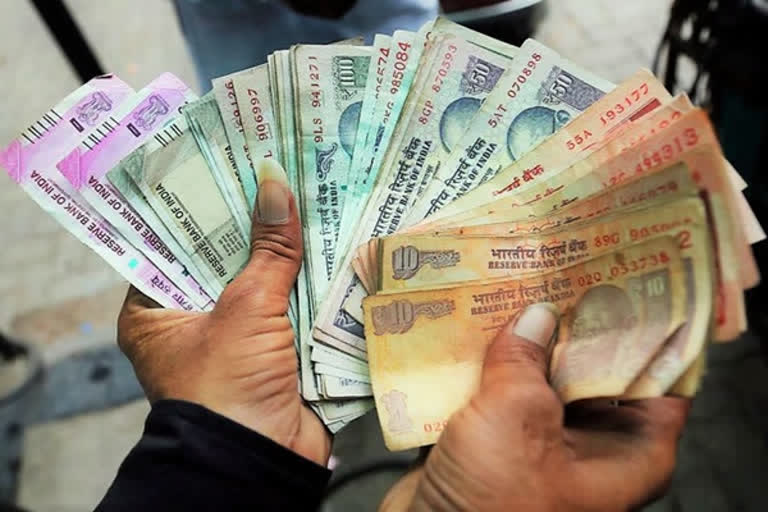Hyderabad: Micro Small and Medium Enterprises (MSMEs) today are like wailing birds whose wings have been cut off by the sword called the Great Covid Disaster. Recent developments have shown that the revival effort of the government is quite insufficient for the units which have been suffering from depleted business transactions and staring at the bleak future due to the long lockdowns. The Centre has directed the banks to provide an additional 20 per cent loan under the 'Atmanirbhar Bharat Abhiyan' to help small scale industries that have been hit hard by the Corona effect. The official figures are witness to the fact that, of the Rs 3 lakh crores allocated for the revival of the MSMEs, not even fifty per cent has reached them till date.
After launching the package describing it as a big stimulus for small enterprises, the loan amount released was only eight per cent in the first six weeks of its announcement. Since the targeted loan disbursement could not be achieved till nearly six months, the time limit of the scheme has been extended till the end of November. With over 6.3 crore micro, Small and Medium Enterprises (SMEs) located across the country, estimates that emergency lending on central guarantees will benefit just 45 lakh units - reflect a fundamental flaw in the scheme. While Rs 45 lakh crores are required for the small scale industries, the funds procured by the banks are less than 18 per cent of the requirement. The package has an important role to play, but the rules have made it ineffective.
Ensuring the minimum interest rate, the payment period should have been extended to ten years. Despite imposing a one-year moratorium on the principal amount, the condition of loan repayment within four years with an interest rate of 9.25 has shocked the small scale industries. The impetus for the massive stimulus was overshadowed by the refusal of the banks to grant additional loans without insisting on the ‘collateral security’. What is the use of now extending the duration of the scheme ignoring these realities?
Also read: Centre to soon announce another round of stimulus: Official
After the lockdown was lifted, up to 30 per cent of small-scale industries have started production activities with the minimal staff available but none could restore the normal situation. Managers are voicing concern that the raw material is being supplied only with advance payments and that the abnormal increase in the transportation charges are compounding to the financial difficulties. Had emergency loan support been smooth, the small scale industries would not have been in such dire straits as today!
Last April, the Confederation of Indian Industry (CII) called on the government to immediately implement the UK Sinha Committee's recommendations and provide additional credit assistance through Mudra Bank, to save the small business sector which is already suffering from severe financial losses. While the spirit of stimulus is being defeated in real practice, the central Minister Gadkari is assuring that the small enterprise, which has already created about 11 crore jobs, will be helped to provide a livelihood to another five thousand crore people!
The Centre had decided to expand the share of MSMEs, which accounted for 29 per cent of GDP, to 50 per cent within seven years, before the Coronavirus outbreak. In order to make the promise a reality, the reforms must be implemented with liberal loan disbursement. Countries like Germany, Singapore, Japan, New Zealand and Australia are all flourishing by giving importance to small businesses and helping them in all respects by implementing creative digital technology.
China is financing a thousand rural commercial banks for immediate grant of loans to the needy small establishments. Contrary to that, irrational regulations and nominal systemic leverage are hurting the revival of the small scale industries domestically. The centre wants to create opportunities from the crisis. If it can actively and wilfully support small and medium industries and enterprises, they can become a big support to the nation's economic development in the future!




